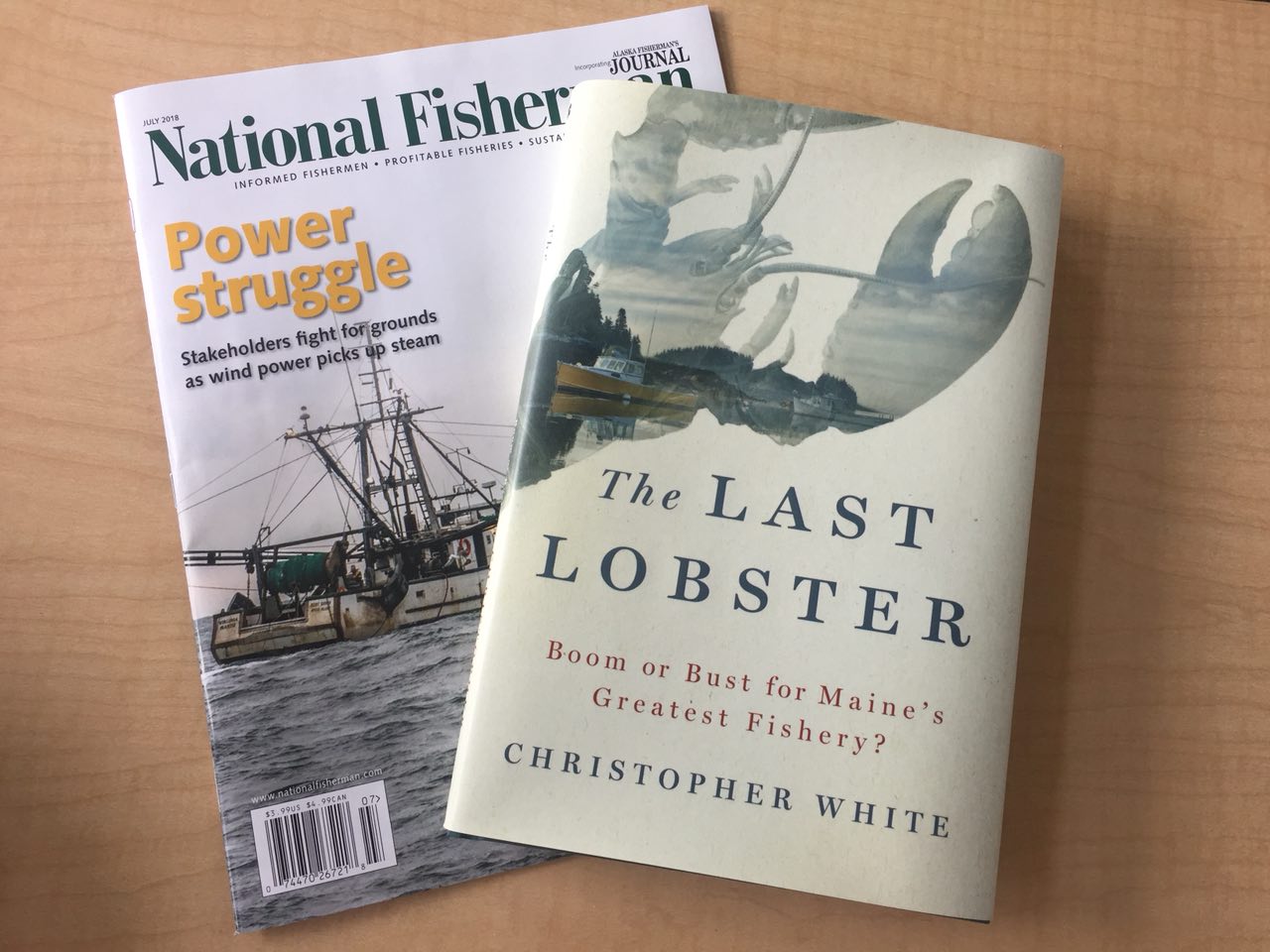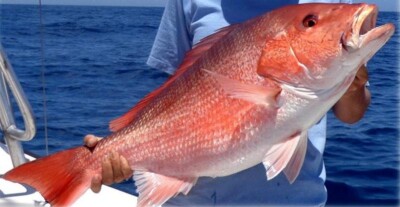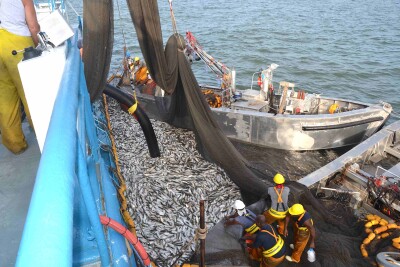There is no hotter topic in Maine’s seafood circles than the lobster industry. For one thing, it’s a small state. The Pine Tree State’s total population hovers right around 1 million, or the size of a small city. So there’s about 1 degree of separation, which means most folks have a connection to at least one lobsterman.
But that level of familiarity also makes the topic a tough one to investigate — much less publish a book about — and capture the scope of knowledge, history and insight you can only truly access by spending years on lobster boats, on the docks, at the boatyards and in the bars.

The Last Lobster
Boom or Bust for Maine’s Greatest Fishery?
By Christopher White
St. Martin’s Press 2018
Hardcover; 288 pp.
$26.99
It is clear from the opening pages that Christopher White researched exhaustively and interviewed a wide range of players.
Industry insiders will spot the occasional misdelivery on fishery management and science. For example, that the Northeast groundfish fleet couldn’t catch the few cod they were allowed in 2015 because cod stocks were so low. Fishermen know it’s because quotas were so low, they had no incentive to target cod.
This is one of the most often abused misconceptions of mixed-species fisheries, especially Atlantic cod.
But I digress. We were talking about lobster, right?
White explores the entire range of the industry — from herring bait woes to marketing Maine lobster to Chinese buyers at Seafood Expo North America.
Like the founders of the Maine Lobster Marketing Collaborative seeking to introduce the world to Maine lobster, it seems White’s intention is to introduce the world to the lobster industry — with a few side dishes of marine science.
White explores the notion that trap limits could save the fishery if it were suddenly at risk of overfishing. But two paragraphs later, he acknowledges that fishermen could likely catch the same volume of lobster with 500 or 600 traps as they do with 800.
White gets it right on the conundrum that is modern fishery management in an era of rapid climatic change.
“Ocean warming is a juggernaut for fisheries managers. How do they plan for it?”
For the most part, lobstermen recognize this high tide of the fishery cannot last forever.
“Whatever goes up must come down. That’s a rule of nature,” says one Maine lobsterman.
White accurately captures what it’s like to try to wend your way into conversations with the old-timers who have all the knowledge. Mainers hold their cards close to the vest. They can be both welcoming and subtly clear about their boundaries — don’t ask too many questions. Wait. Then wait some more.
My hat’s off to White for tackling this subject with a clear appreciation for the industry, the culture and all of its players.
“It took a year for Sid Eaton to open up to me about it; he revealed the secret one morning on Bill Damon’s float.”
What’s the secret? Get the book!







